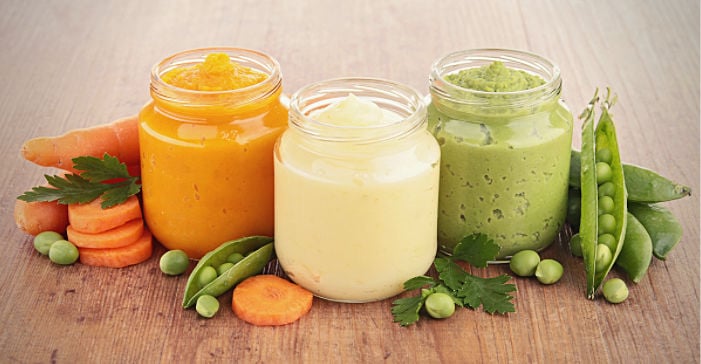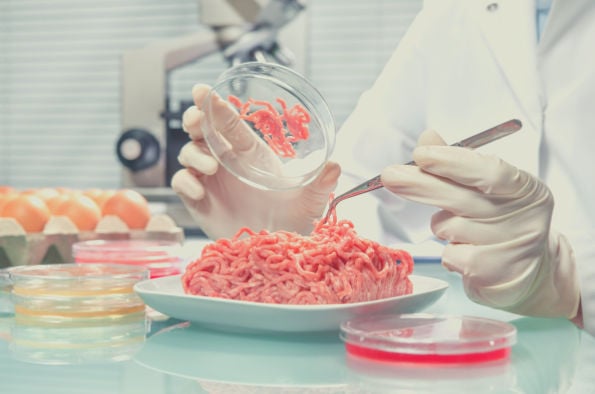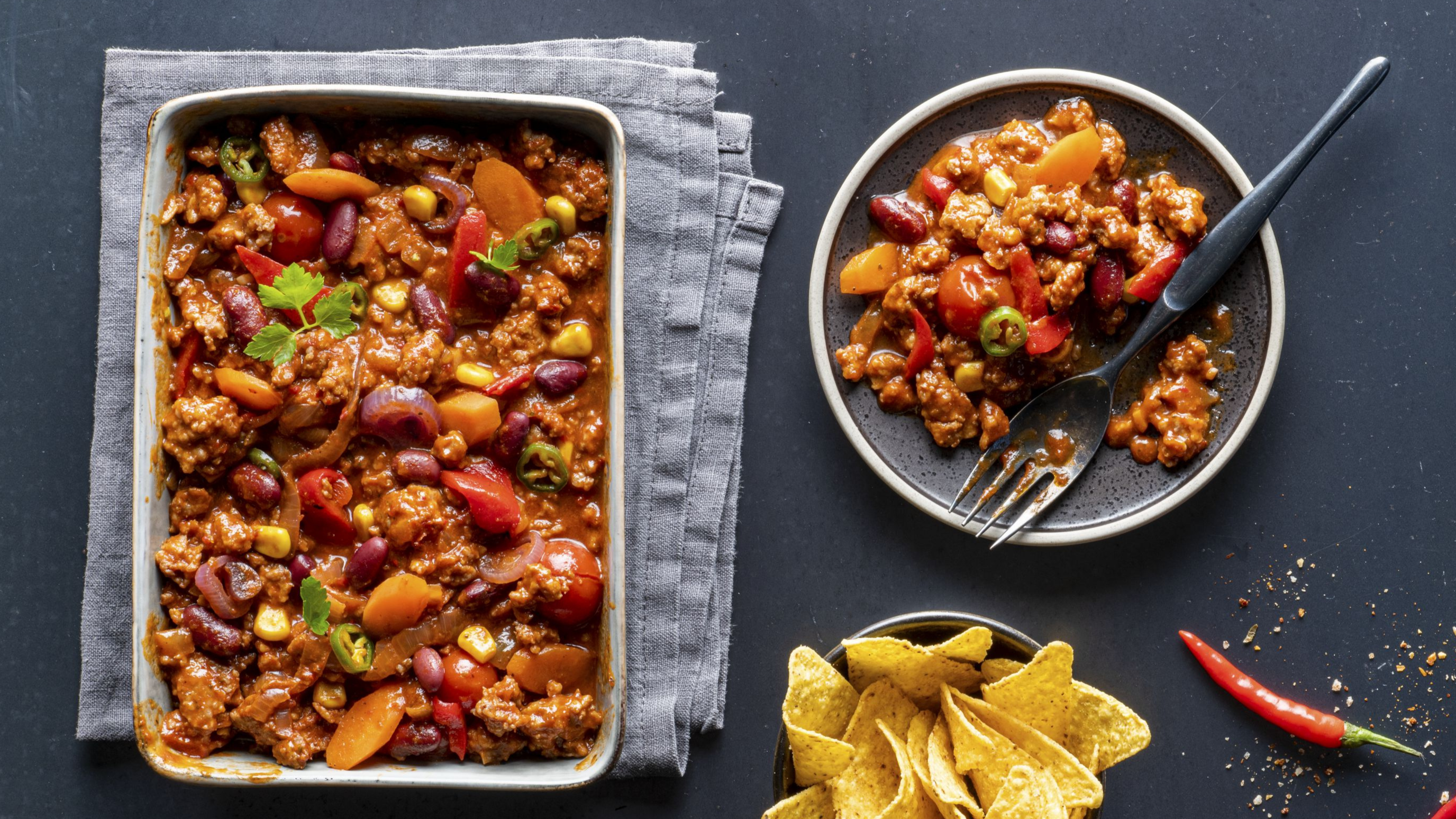Food leaders
UGent Professor Frank Devlieghere on lean labels and predictive microbiology
From ‘clean label’ to ‘lean label’
"The emergence of clean labels is perhaps the most profound evolution of the food industry in recent years," says Professor Frank Devlieghere. "A clean label does not mean additives. This poses many problems for producers in terms of food safety and shelf live. Legislators and retailers are beginning to see that."
"For clarity: approved additives have been examined in detail. We are therefore certain that they are doing their job and are fully safe. This is not always the case with natural preservatives, which, moreover, often have an unfavourable effect on the flavour and smell of products."

"Lean Labels will therefore replace clean labels in the coming years. Producers will be able - to a limited extent - to re-use additives, provided that they communicate in a transparent manner. They will have to critically evaluate each time whether an additive is necessary and substantiate its use. This would help to strike a better balance between food safety and reducing food waste. This will benefit everyone: producer, retailer and consumer.’
"A lean label strikes a better balance between food security and the reduction of food waste"
–professor Frank Devlieghere
Powerful forecasting models
Professor Devlieghere and his colleagues strongly believe in the power of forecasting microbiology. "We make mathematical models that can predict the behavior of micro-organisms. That requires a lot of complex labo and computer work. But once you have such a model, you have an incredibly powerful tool available to predict the impact of preservation techniques without doing experiments."
"Many forecasting models are part of software packages available online. So food producers can get on with that right away. For the more advanced models or other advice, companies can turn to universities. Through Food2Know, we share scientific expertise in different areas: market research, valorization projects, grant advice ...’

"A predictive model is a powerful tool to gain insight into how preservation techniques work"
– professor Frank Devlieghere
Food shelf life test kit for companies
Professor Devlieghere is currently working on a sustainability test kit. "They will be able to use during product development", he explained. "Today, companies determine the shelf life of their products on the basis of pilot production, but that system is not watertight. In fact, you would have to produce and test a hundred times to properly substantiate a shelf-life date."
"With the test kit, you will be able to inoculate products with certain types of bacteria to see how they react. This challenge testing has been used for some time to determine the growth of pathogens in food. But in this new concept, we're working with specific industry organizations for a particular product and process. I am convinced that the test kit will represent a major step forward for all those involved in food product development."




